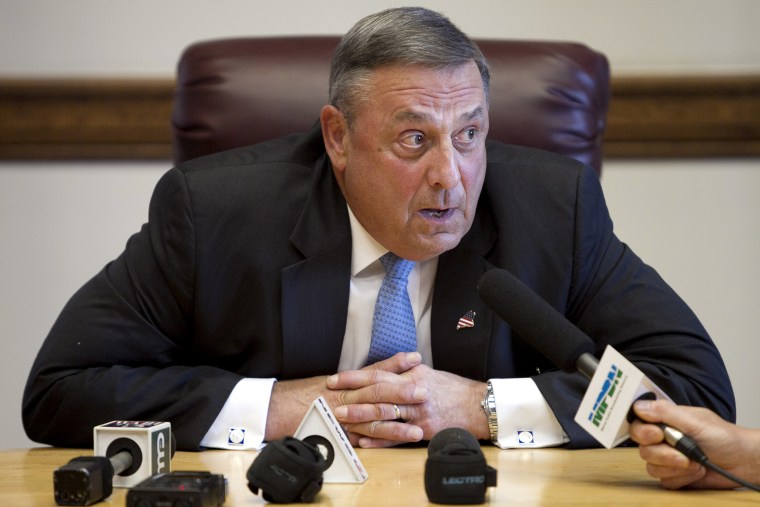
Naloxone, also known by the brand name Narcan, works by binding to the opioid receptors in the brain, stopping the effects of opiates such as heroin and reversing deadly overdoses. It comes in a nasal spray, as easy to administer as a decongestant. And it's safe, too -- naloxone has no effect whatsoever on someone who is not suffering from an overdose. In Maine, only licensed paramedics can administer naloxone. A bill now being considered in the Legislature would make the drug available to emergency medical technicians and family members or friends of those at risk of overdosing. Police officers and firefighters may be added to that list as well.
Taking the advice of his friend Jon Bon Jovi and moved by a barrage of letters from grieving families, Gov. Chris Christie signed a bill today that gives people immunity from arrest if they call 911 to report an overdose, even if they also had used drugs at the time. [...] In addition to giving immunity from arrest and prosecution for drug possession to those who call 911 to report overdoses, the bill makes naloxone, a remedy for overdoses, available to spouses, parents or guardians who could be taught to administer the drug in an emergency.